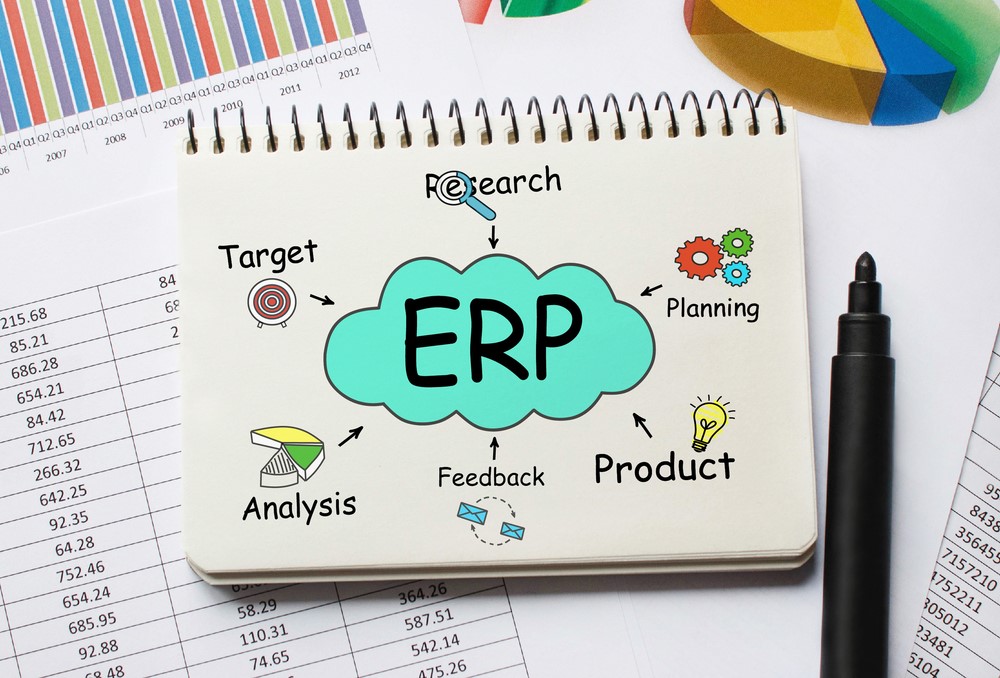
All About ERP Systems For Food Manufacturers

All About ERP Systems for Food Manufacturers
Enterprise Resource Planning (ERP) systems have transformed food manufacturing operations. These comprehensive solutions are tailored to the industry's unique challenges. Discover the features and benefits of ERP systems for food manufacturers, boosting efficiency, streamlining operations, and ensuring compliance.
What are ERP Systems for Food Manufacturers?
ERP systems for food manufacturers are robust software solutions that integrate and automate various business processes within a food manufacturing organization. These systems encompass functionalities such as inventory management, procurement, production planning, quality control, traceability, recipe management, and compliance management. By providing real-time visibility and data-driven insights, ERP systems enable food manufacturers to optimize their operations and make informed decisions.
The Benefits of ERP Systems for Food Manufacturers
Implementing ERP systems in the food manufacturing industry offers numerous benefits:
1. Streamlined Operations
ERP systems centralize all critical business data and processes, eliminating the need for manual data entry and disparate systems. This streamlines operations by enabling efficient communication and collaboration across departments. From procurement to production and distribution, all operations are seamlessly integrated, minimizing errors, reducing delays, and improving overall efficiency.
2. Enhanced Inventory Management
Inventory management is crucial in the food manufacturing industry, and ERP systems provide advanced inventory management capabilities. These systems enable accurate tracking of ingredients, raw materials, and finished products, ensuring optimal inventory levels and minimizing waste. By maintaining precise inventory records and implementing automatic replenishment strategies, food manufacturers can optimize costs and improve inventory turnover rates.
3. Compliance and Quality Control
Compliance with food safety regulations and quality control standards is of utmost importance in the food industry. ERP systems enable food manufacturers to maintain compliance by providing comprehensive traceability features. These features track the journey of ingredients and products from supplier to end consumer, ensuring transparency and accountability. Additionally, ERP systems offer quality control functionalities to monitor product quality, perform inspections, and manage corrective actions when necessary.
4. Accurate Demand Planning
Effective demand planning is critical for food manufacturers to meet customer demands while minimizing costs. ERP systems provide accurate demand forecasting based on historical data, market trends, and customer insights. By aligning production with demand, food manufacturers can optimize production schedules, reduce inventory holding costs, and prevent stockouts or overstock situations.
5. Real-time Reporting and Analytics
ERP systems offer robust reporting and analytics capabilities, providing food manufacturers with real-time insights into their operations. These systems generate customizable reports and dashboards that allow businesses to monitor key performance indicators (KPIs), track production efficiency, analyze costs, and identify areas for improvement. Data-driven decision-making enables food manufacturers to proactively address challenges, optimize processes, and drive continuous improvement.
Choosing the Right ERP System for Food Manufacturers
When selecting an ERP system for your food manufacturing business, consider the following factors:
Industry-specific functionality for food manufacturing processes Scalability to accommodate business growth and evolving needs Integration capabilities with other essential systems, such as supply chain management or financial management User-friendly interface and ease of use for all stakeholders Training and support provided by the software vendor Customization options to align with your specific business requirementsIn conclusion, ERP systems have become an essential tool for food manufacturers to streamline operations, ensure compliance, and drive growth. By implementing a robust ERP system designed for the food manufacturing industry, businesses can enhance efficiency, improve inventory management, maintain quality control, and make data-driven decisions to stay competitive in a rapidly evolving market.